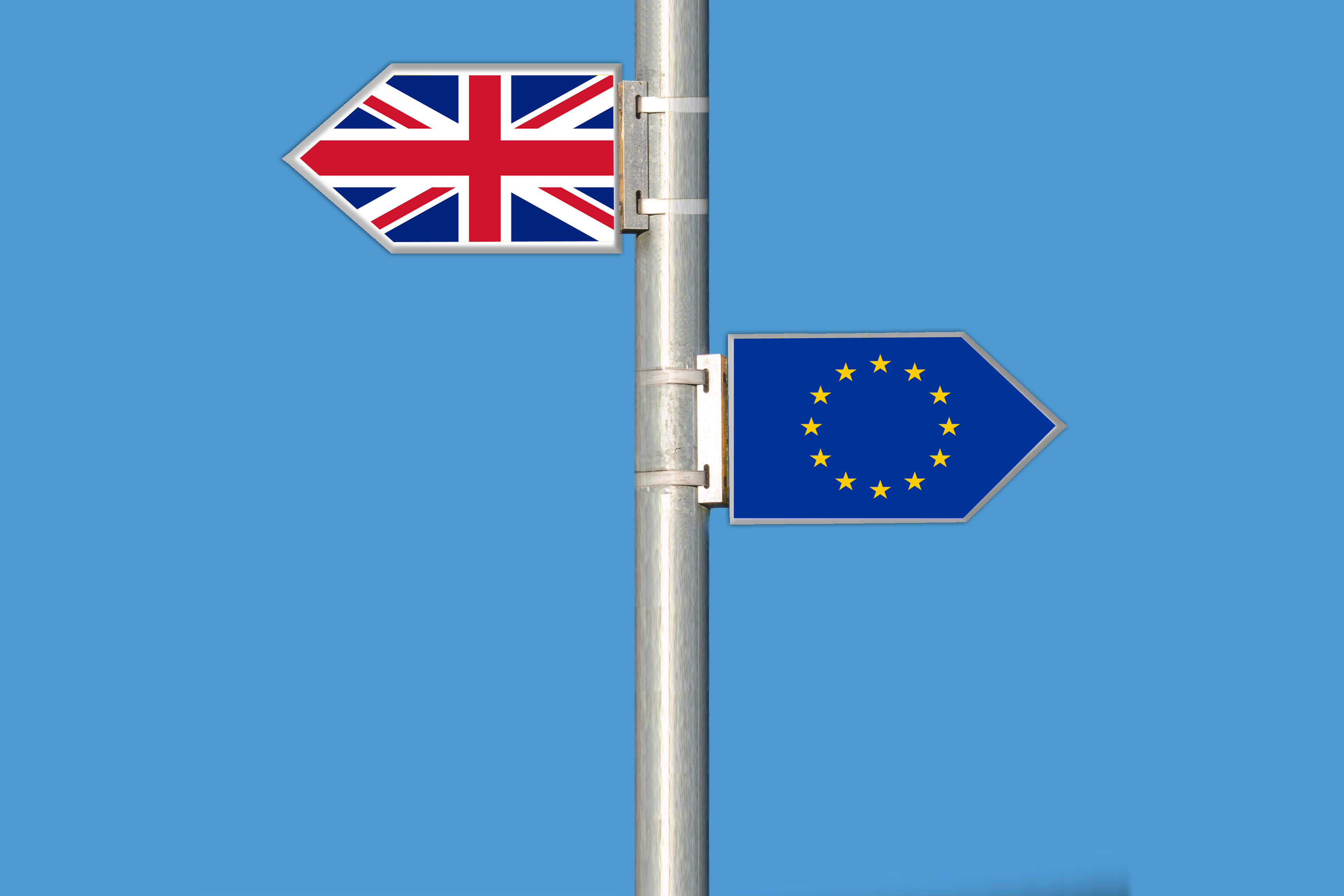In today's interconnected world, non-EU entrepreneurs are increasingly exploring the advantages of establishing an EU company. The European Union offers a plethora of benefits, from market access and credibility to simplified business regulations and international expansion opportunities. In this blog post, we will delve into the true facts, examples, and actionable tips to highlight why having an EU company can be a game-changer for non-EU entrepreneurs seeking to expand their business horizons.
Access to the European Single Market
One of the primary reasons non-EU entrepreneurs consider establishing an EU company is the unparalleled access to the European Single Market. The EU represents a consumer market of over 450 million people, providing a vast customer base for goods and services. By having an EU company, non-EU entrepreneurs can benefit from reduced trade barriers, standardised regulations, and simplified cross-border transactions within the EU member states. This access enables them to tap into new opportunities, reach a broader customer base, and gain a competitive edge. A recent study showed that having an EU company causes an average increase in revenue of 31%.
Example: Alex, a non-EU entrepreneur from Singapore, established an EU company in Estonia. With his EU company, he gained access to the European Single Market and successfully expanded his e-commerce business, attracting customers from various EU countries.
Tips:
• Research market demand and consumer preferences within the European Single Market to tailor your products or services effectively.
• Consider the cultural nuances and language diversity across different EU countries when crafting marketing strategies.

Enhanced Credibility and Trust
Having an EU company instills a sense of credibility and trust among customers, partners, and investors. The EU is known for its robust legal framework, consumer protection laws, and business transparency standards. Non-EU entrepreneurs with an EU company can leverage this reputation to enhance their brand image and build trust with European customers and stakeholders. Moreover, an EU company demonstrates a commitment to quality, compliance, and adherence to stringent business standards, further bolstering credibility.
Example: Maria, a non-EU entrepreneur from Brazil, established an EU company in Estonia. The EU company's presence added credibility to her software development business, allowing her to secure high-profile contracts with European clients.
Tips:
• Highlight your EU company status on your website, marketing materials, and business communications to showcase credibility.
• Ensure compliance with EU regulations and standards to reinforce trust among EU customers and stakeholders.
Streamlined Business Regulations
Establishing an EU company offers non-EU entrepreneurs the advantage of streamlined business regulations. The EU has harmonized regulations and directives that apply uniformly across member states, simplifying compliance requirements. Non-EU entrepreneurs can benefit from standardized procedures for company registration, tax obligations, accounting practices, and intellectual property protection. This streamlined approach reduces administrative burdens and provides a predictable business environment, enabling entrepreneurs to focus on their core activities.
Example: Jing, a non-EU entrepreneur from China, set up an EU company in Estonia. The simplified business regulations allowed her to navigate the incorporation process swiftly and efficiently, saving time and resources.
Tips:
• Engage legal and accounting professionals well-versed in EU regulations to ensure compliance and maximize benefits.
• Stay updated with evolving EU regulations and adapt your business practices accordingly.

Opportunities for International Expansion
Having an EU company opens doors to international expansion beyond the European market. The EU has established trade agreements and partnerships with countries worldwide, offering preferential access to various markets. Non-EU entrepreneurs with an EU company can leverage these agreements to explore new business opportunities, expand their global footprint, and establish strategic partnerships with companies across the globe. Additionally, an EU company can serve as a launchpad for future expansion into neighboring regions.
Example: Sofia, a non-EU entrepreneur from Australia, established an EU company in Estonia. The EU company served as a gateway for her to expand her operations into the EU.
Tips:
• Identify target markets and analyze trade agreements and partnerships to leverage preferential access.
• Establish a strong network of contacts and partners within the EU to facilitate international expansion.
Access to Funding and Investor Opportunities
Having an EU company can open doors to funding and investor opportunities. The EU offers various funding programs, grants, and investment incentives to support entrepreneurship, innovation, and business growth. Non-EU entrepreneurs with an EU company can tap into these resources, including venture capital firms, angel investors, and EU funding initiatives, to fuel their business expansion and scale their operations.
Example: John, a non-EU entrepreneur from Canada, established an EU company in Estonia. The EU company's presence allowed him to secure investment from an EU-based venture capital firm, providing the necessary funds to launch his innovative tech startup.
Tips:
• Research and identify EU funding programs, grants, and investment opportunities tailored to your industry or business sector.
• Develop a compelling business plan and pitch deck to attract potential investors.

Establishing an EU company offers non-EU entrepreneurs a multitude of benefits, ranging from access to the European Single Market and enhanced credibility to streamlined regulations and international expansion opportunities. Real-life examples of non-EU entrepreneurs who have leveraged their EU company status demonstrate the tangible advantages that await those willing to embrace this path. By capitalizing on the opportunities provided by an EU company, non-EU entrepreneurs can unlock their business potential, gain a competitive edge, and embark on a successful journey of growth and expansion within the EU and beyond.
Apply for an e-residency and register your EU company with us. Contact us on the Nomad Business Solutions website here.

















